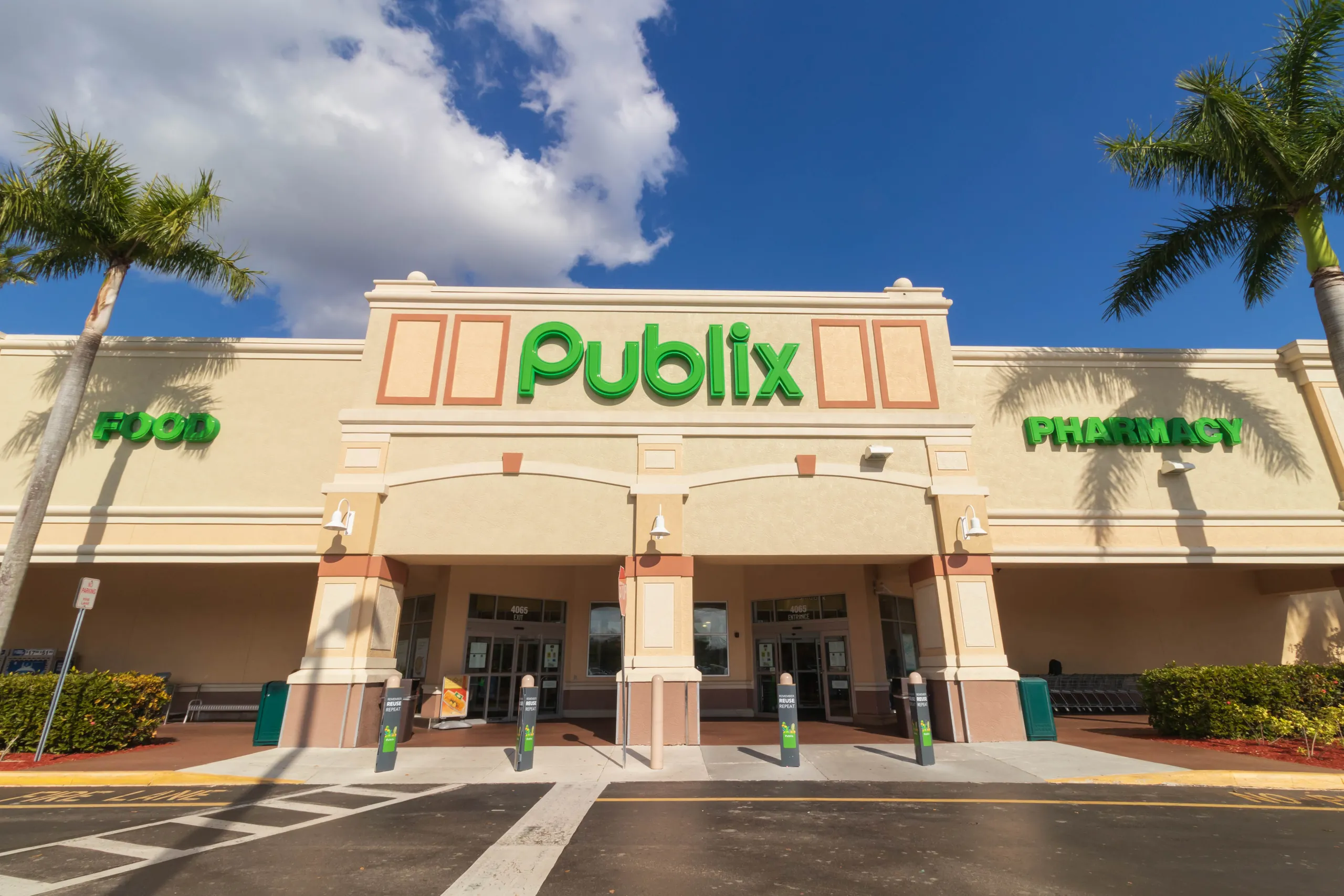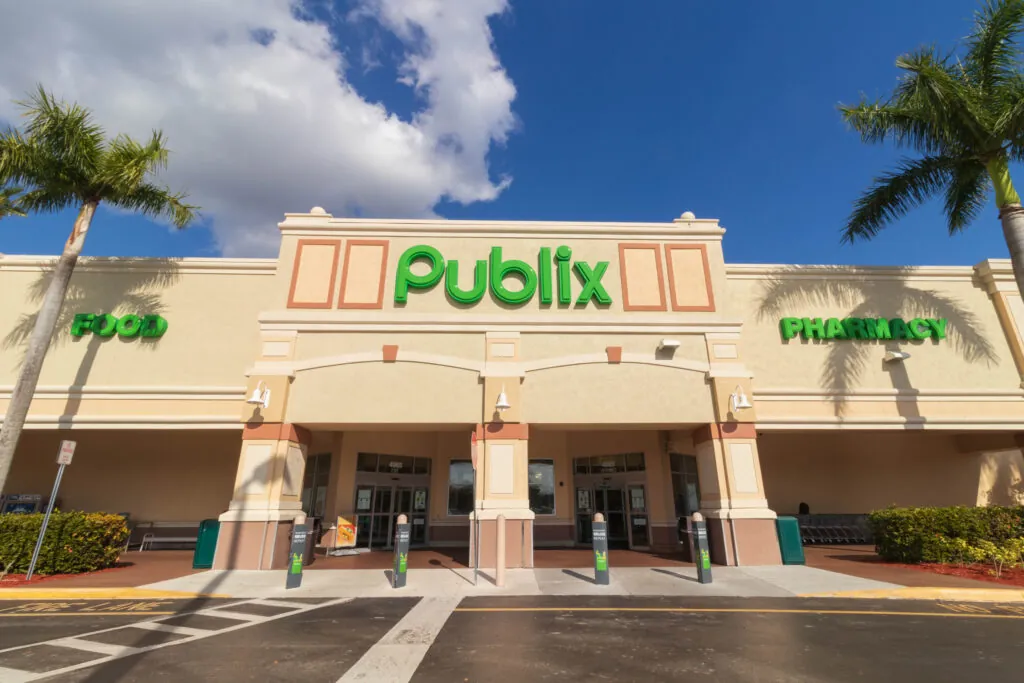Opinion: “Publix Carry” Isn’t Safety Policy — It’s a Liability Countdown
By Sean C. Domnick
Florida didn’t ask for guns in grocery aisles. But when a Florida appeals court struck down the state’s open-carry ban, Publix didn’t hesitate. It chose to allow open carry in nearly 900 stores across the state.
That wasn’t corporate neutrality — it was a decision. A decision that instantly transformed grocery shopping from a routine errand into a risk calculation. A decision that replaced peace of mind with vigilance and anxiety.
Floridians now live with a phrase that no family ever asked to learn: “Publix Carry.” It isn’t catchy. It isn’t a slogan. It’s a warning.
And for me, as the lawyer representing the family of a toddler and grandmother murdered inside a Publix, this isn’t a hypothetical debate. It’s not culture-war theater. It is the clearest possible line between corporate discretion and human life.
Publix Already Learned What Happens When Danger Enters a Store
On June 10, 2021, in Royal Palm Beach, 23-month-old Samuel Varone and his grandmother, Litha, went to Publix to buy produce. They never came home.
That morning, a man walked into the store, left, returned with a gun, and executed Samuel in his cart. Litha fought to save others and was murdered too. Samuel was days from his second birthday. Litha was her family’s compass.
Years earlier, Homeland Security warned the grocery industry that supermarkets were high-risk targets for active shooters. Publix knew danger was foreseeable. The tragedy proved it.
And instead of responding with greater security, training, or prevention, Publix opted to invite more guns inside.
Floridians are Saying No — Loudly and Clearly
A Palm Beach Post reader poll found that 90% of nearly 1,200 respondents oppose open carry in Publix stores. A Change.org petition urging Publix to reverse course continues to grow.
These aren’t fringe voices. They are your neighbors, employees, parents, and senior citizens who simply do not want to stand next to a stranger with a firearm while choosing apples.
Yet a public chorus cannot stop a bullet. Fear and signatures don’t barricade a sliding door.
And Publix knows it.
A Jury Just Told Publix What its Duty is — and it Failed
If anyone doubts that Publix understands its responsibility to protect customers from foreseeable danger, consider what happened this week in Lake Worth Beach.
A jury found that Publix employees had a duty to warn customers that a woman outside the store was armed and threatening to kill people. Several employees saw the threat. Nobody locked the doors. Nobody made an announcement. Nobody warned 62-year-old customer Tocka Hardaway before she walked out and was shot.
As the Sun-Sentinel reported, “It was the least they could have done,” her lawyer said. The jury agreed.
That case wasn’t about open carry. It was about the most basic expectation society has for corporations: when danger is known and lives are at stake, protecting customers isn’t optional.
Publix failed that duty then. Now it has implemented a policy that dramatically increases the likelihood of similar moments.
When you already know danger is real and you choose to amplify it instead of mitigate it, that isn’t neutrality. It’s negligence.
What Happens Next is Predictable
Supporters will argue this policy empowers “good guys with guns.” But any emergency responder will tell you: more guns in a crowded public environment do not create clarity — they create chaos.
Imagine a Saturday at Publix. A patron enters openly carrying a rifle. Parents panic. Someone calls 911. Another armed shopper interprets the scene wrong and draws.
Seconds later, confusion becomes catastrophe.
This isn’t speculation. Publix already lived a nightmare once. The industry was warned by DHS years ago. It was reminded by a jury last week. The polls show public alarm. The petitions show public desperation.
And still, Publix has chosen to plant its flag on the wrong side of responsibility.
Accountability Always Arrives — The Only Question is When
The Varone family’s case against Publix is currently on appeal, with oral argument set for January 2026. That case is about justice for Samuel and Litha, but it is also about something broader and more urgent: ensuring corporations cannot ignore known dangers without consequence.
Publix could change course today. It could prioritize families. It could invest in security, detection, training, and planning. It could do the bare minimum required to keep people safe.
Instead, it has gambled with human life and called it policy.
“Publix Carry” isn’t a safety policy — it’s a liability countdown. Each day that passes without reversal isn’t a stance on rights, but a wager against tragedy. And eventually, as it always does when danger is invited in and families are left unprotected, the clock runs out.
About the Author
Sean C. Domnick is a Shareholder at Rafferty Domnick Cunningham & Yaffa, a preeminent national boutique law firm based in Palm Beach Gardens and Pensacola, Florida.






